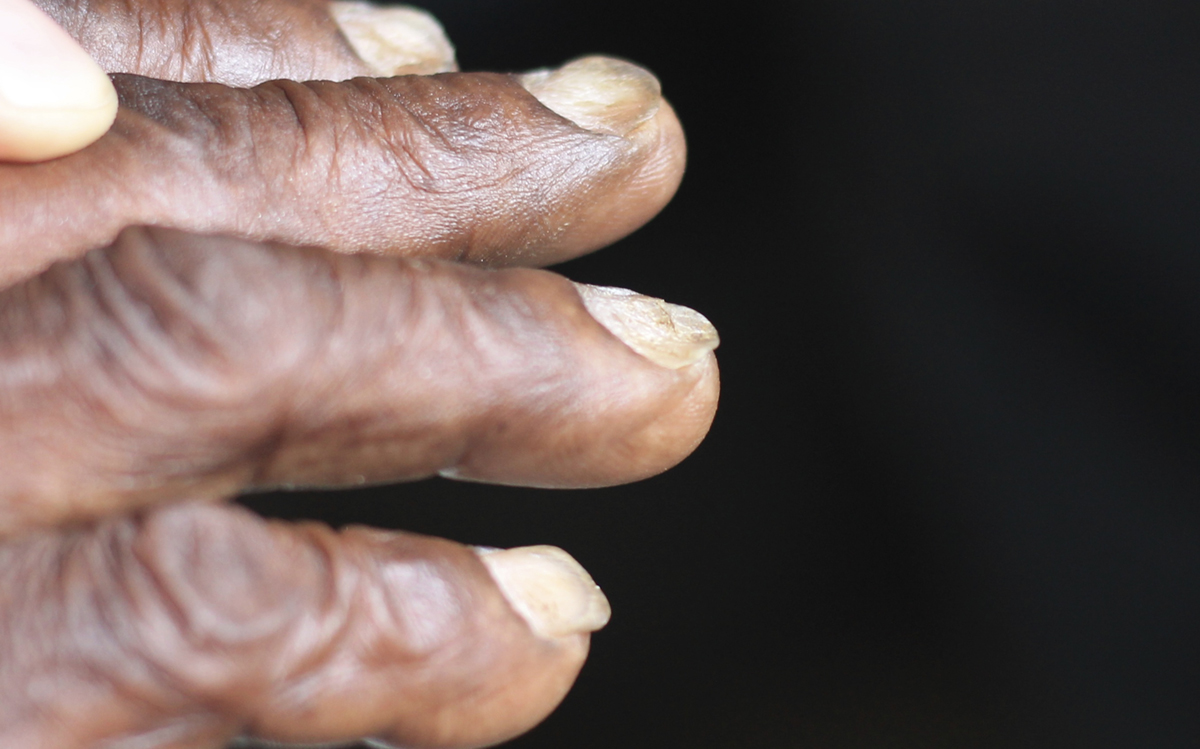
Iron deficiency is a type of anemia in which the body does not receive sufficient iron. This is one of the most common nutritional disorders and it affects the red blood cells, disabling them to produce enough hemoglobin which is very important in order to feel healthy and strong.
Iron deficiency anemia can be easily corrected by inserting enough iron in the body. However, sometimes it requires additional treatment, especially if there is an internal bleeding.
Some of the symptoms of iron deficiency anemia are extreme fatigue, paleness, weakness, headache and dizziness, cold hands and feet, poor appetite, restlessness and irregular heartbeat.
If one notices some of these symptoms, he shouldn’t simply rely on himself to take care of iron deficiency anemia. Seeing a doctor is very important, as this condition requires being monitored by a professional.
This condition is developed either due to lack of iron in the diet or loss of too much iron.
One of the most common causes of iron deficiency is blood loss. It can result from an injury or some chronic illness, such as an ulcer or kidney and bladder tumors. Also, women with heavy periods tend to lose a lot of blood and are likely to develop iron deficiency.
Another reason for iron deficiency is simply because of insufficient consumption of foods containing iron such as meat, eggs and dairy products.
Some people may have trouble absorbing iron. This usually results from a problem with their small intestine which prevents them from digesting the food properly and therefore absorbing the nutritional elements. Besides that, frequent use of medication may interfere with stomach acid which plays an important part in iron absorption.
Also, many pregnant women may suffer from iron deficiency anemia since they have to take in an increasing amount of iron for both themselves and the fetus.
Iron deficiency anemia can easily be prevented by making sure to include enough foods enriched with iron in the diet. Such foods include read meat, pork, poultry, sea food, eggs, beans, peas, nuts, seeds, different kinds of vegetables and dried fruits. Iron absorption is additionally boosted when these foods are combined with vitamin C-rich products. Vitamin C can be found in many fruits and vegetables, as well as citrus juices. Making sure to insert enough melons, kiwis, apricots, tomatoes and potatoes, among other things, will be quite beneficial. As for infants, feeding them breast milk would be the best solution to avoid them developing iron deficiency anemia.


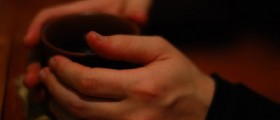
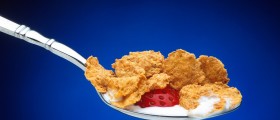
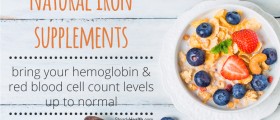
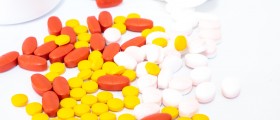
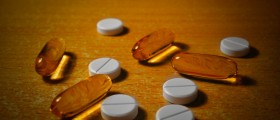
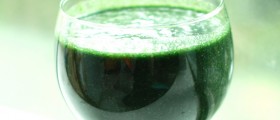
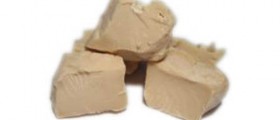
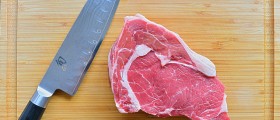
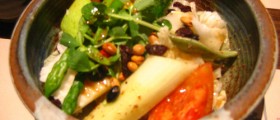
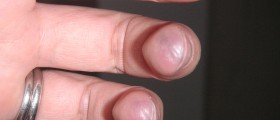

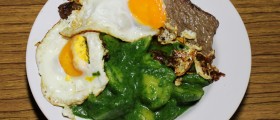



Your thoughts on this
Loading...